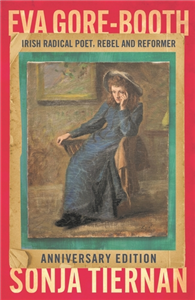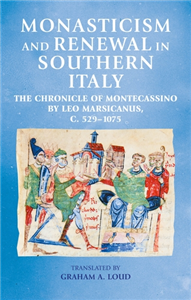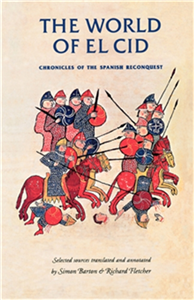Editora Hercules
A brazilian publishing house focused on selfhelp literature, esoterism and masonry and children's books. Our mission is to offer through words moments of unwinding and tranquility attached to a philosophical and esoteric learning experience. In this special edition of the Frankfurt Book Fair we will be displaying our new releases in the children's literature section, such as The Dreamy Dragon and The crystal Egg, by the brazillian actress and writer Norma Blum.
View Rights Portal




























